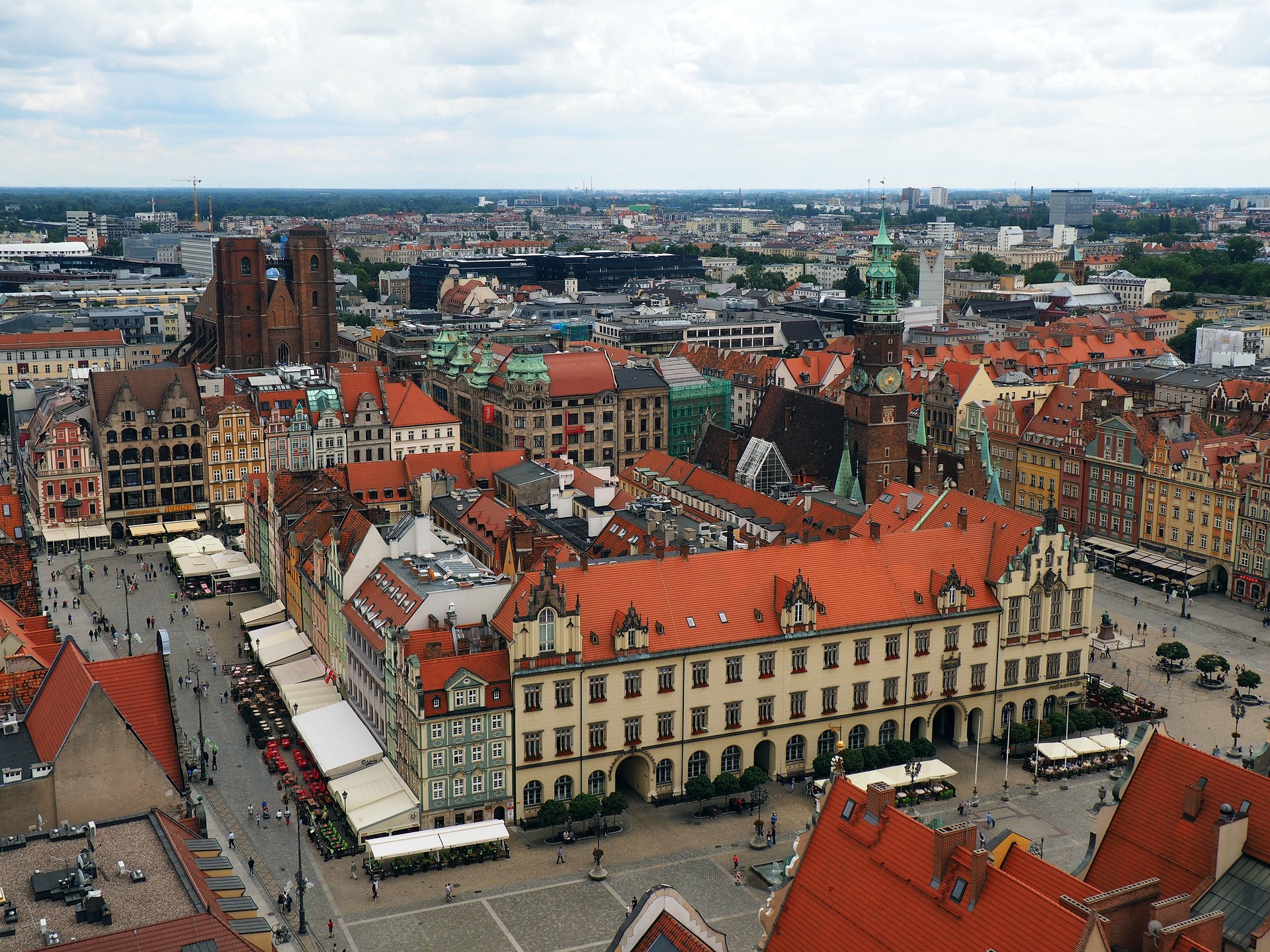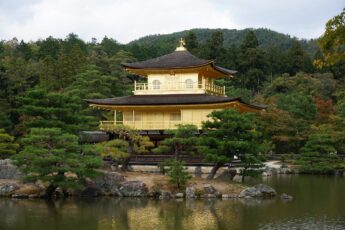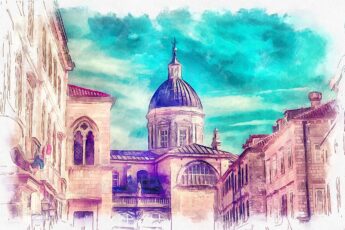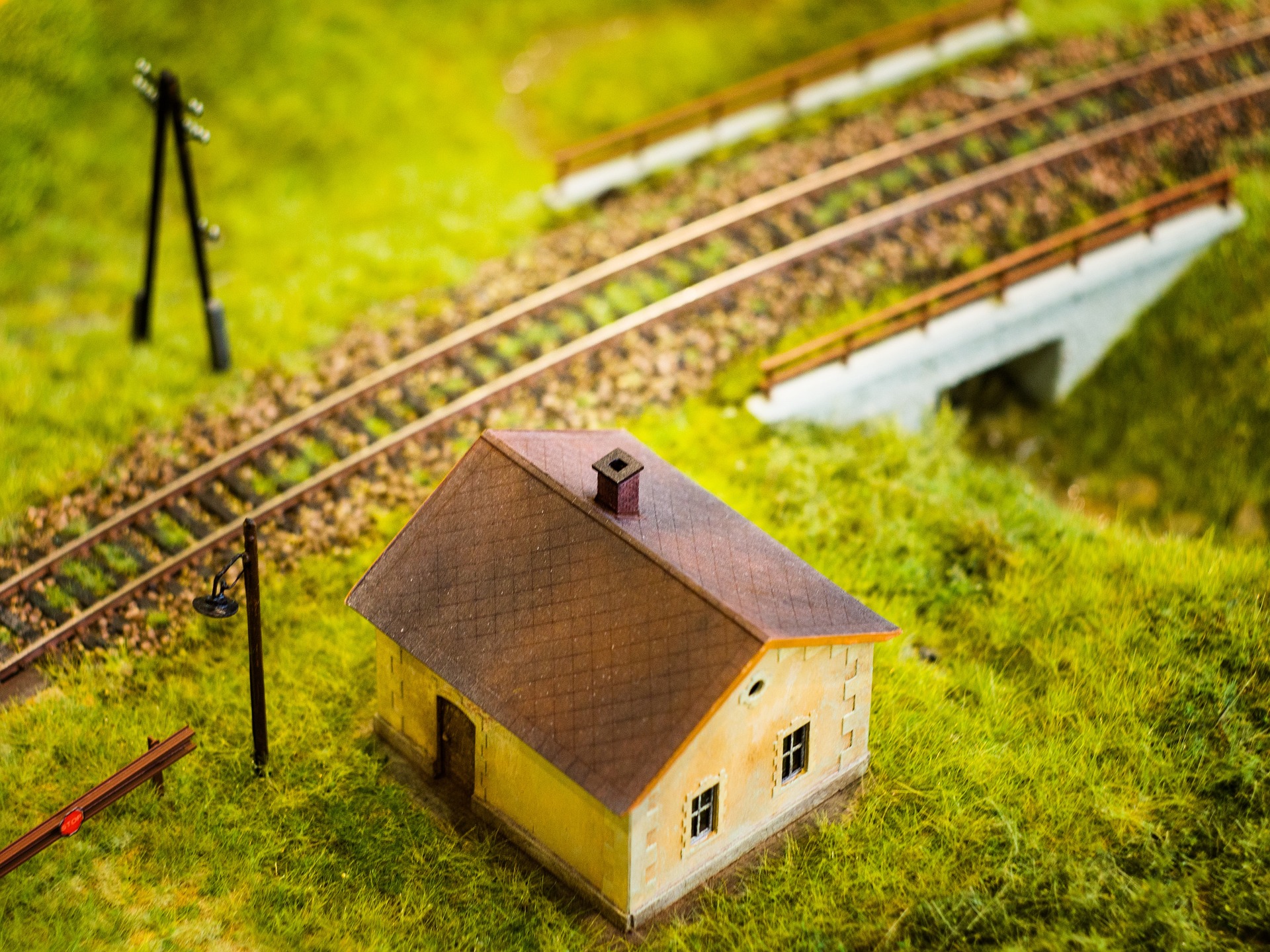Wrocław, a beautiful city in western Poland, boasts a rich history and remarkable architecture. Among its most notable landmarks are the UNESCO World Heritage Sites, including the iconic Centennial Hall. In this article, we will take you on a journey through Wrocław’s UNESCO-listed treasures and provide you with all the information you need to plan an unforgettable trip.
Centennial Hall: A Masterpiece of Modernist Architecture
Designed by renowned architect Max Berg, the Centennial Hall (Hala Stulecia) is a masterpiece of modernist architecture. Completed in 1913, it was constructed to commemorate the 100th anniversary of the Battle of Leipzig. This vast, domed structure, made of reinforced concrete, is a testament to the architectural prowess of the early 20th century. Today, it hosts a variety of events, including concerts, exhibitions, and sporting competitions.
Getting to Centennial Hall
Centennial Hall is located in the eastern part of Wrocław, in the picturesque Szczytnicki Park. The easiest way to get there is by public transportation. You can take tram lines 0, 1, or 2 to the “Hala Stulecia” stop. From there, it’s just a short walk to the entrance of the hall.
Exploring the Surroundings of Centennial Hall
The area around Centennial Hall is brimming with attractions worth exploring. Here are some highlights:
Other UNESCO World Heritage Sites in Wrocław
Besides Centennial Hall, Wrocław is home to several other UNESCO-listed sites. Here are two noteworthy examples:







